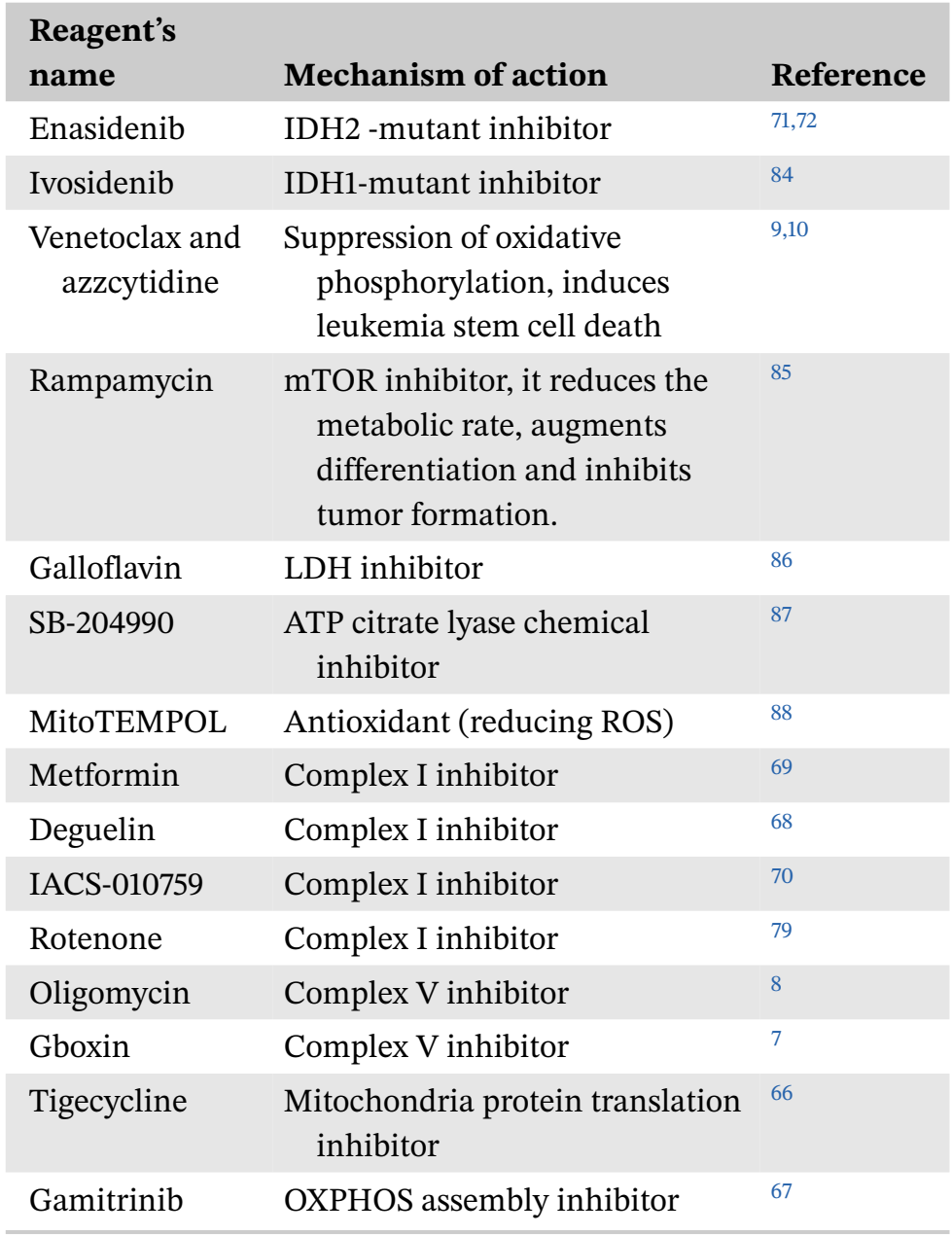Mitochondria are biosynthetic, bioenergetic, and signaling organelles existing in almost all eukaryotic cells, and their dysregulated function has been proved to be essential for tumorigenesis, tumor development, and tumor metastasis. Researchers from Tongji University Cancer Center provided an overview concerning the role mitochondria plays in cancer treatment and its potentiality to be a target in cancer treatment.

The importance of mitochondria in cancer had been ignored for a long time. Around 100 years ago, Otto Warburg discovered that cancer cells undergo aerobic glycolysis even in the presence of oxygen, which was later reasoned that cancer might arise from impaired mitochondria. So far, the importance of mitochondria in cancer has been proved experimentally in many ways. Recent findings also suggests that mitochondria not only play an important role in cancer cell viability but also might be essential for tumorigenesis. Thus, there is a urgent interest in pursuing study of mitochondria biology in cancers and targeting this organelle therapeutically (Table 1).

Table 1 Reagents targeting mitochondria for cancer therapy
In addition, the authors came up with a current view that mitochondria play a pivotal role in tumor cells; how tumor cells rewind mitochondrial function for their oncogenic purpose via known or unknown mechanisms by key oncogenes or tumor suppressors then the authors went through reagents and strategies currently available targeting mitochondria when treating tumors. Recently, merging data suggest that slow cycling cancer cells/cancer stem cells have distinctive mitochondrial metabolism comparing to bulk tumor cells and mitochondria inhibitors seem to be promising to target them, which are resistant to traditional radio and chemotherapies. Thus the role of mitochondria in these cancer stem cells was disscussed and evidence of mitochondria as a target from different aspects was summerized.
Article Access: https://onlinelibrary.wiley.com/doi/10.1002/mco2.16
Website for MedComm: https://onlinelibrary.wiley.com/journal/26882663
Looking forward to your contributions.







